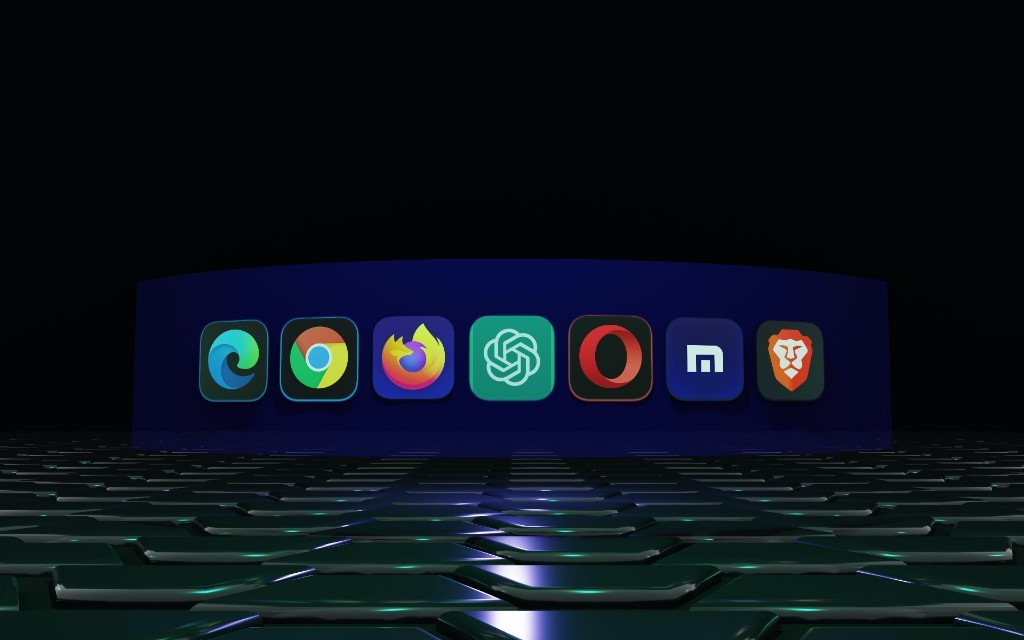In recent years, there has been a significant advancement in the field of Artificial Intelligence (AI) and Augmented Reality (AR). These technologies have become increasingly popular and have the potential to enhance virtual experiences in various fields such as gaming, education, healthcare, and...
The Progression of Artificial Intelligence: From Simple Algorithms to the Advancements of Deep Learning

In the last few decades, artificial intelligence (AI) has made significant strides in its development, revolutionizing various industries and aspects of our daily lives. From basic algorithms to deep learning, AI has evolved to become more sophisticated and capable of performing complex tasks that were once thought to be exclusive to human intelligence.
Initially, AI research focused on developing algorithms that could mimic human intelligence by following a set of predefined rules. These algorithms were designed to solve specific problems and lacked the ability to adapt or learn from new data. While they were successful in performing tasks such as chess playing or language translation, they had limited practical applications.
However, with the advent of machine learning, AI began to evolve rapidly. Machine learning algorithms enabled AI systems to analyze large amounts of data and learn patterns from it, allowing them to make more accurate predictions and decisions. This shift paved the way for the development of deep learning, a subset of machine learning that uses artificial neural networks to process and analyze data in a manner similar to the human brain.
Deep learning has revolutionized AI by enabling it to process unstructured data such as images, speech, and text with unprecedented accuracy. This has led to breakthroughs in various fields, including computer vision, natural language processing, and voice recognition. Deep learning algorithms can now recognize objects in images, understand and generate human-like speech, and even beat humans at complex games such as Go.
As AI continues to evolve, researchers are exploring new frontiers such as reinforcement learning and generative adversarial networks. These advancements promise to further enhance AI's capabilities and pave the way for the development of more intelligent and autonomous systems. The future of AI holds immense potential, with applications ranging from healthcare and transportation to finance and entertainment.
In conclusion, the evolution of AI from basic algorithms to deep learning has transformed the field and opened up new possibilities for its application. As AI continues to advance, it has the potential to revolutionize various industries and improve our quality of life in ways we can only begin to imagine.

Early Developments in AI
The field of artificial intelligence (AI) has a rich history that dates back several decades. The early developments in AI set the foundation for the advancements we see today in machine learning and deep learning algorithms.
One of the first significant developments in AI was the creation of the Logic Theorist by Allen Newell and Herbert A. Simon in 1956. The Logic Theorist was a computer program that was capable of solving mathematical logic problems. This marked an important milestone in the field of AI as it showed that computers could be programmed to think and reason like humans.
The Dartmouth Conference
In 1956, the Dartmouth Conference took place, which is considered to be the birthplace of AI. The conference brought together a group of researchers who were interested in exploring the concept of “artificial intelligence.” During the conference, the attendees discussed the potential of creating machines that could simulate human intelligence.
This conference marked the beginning of AI as a field of study and led to the development of the first AI programs. It also paved the way for future research and funding in AI, as the attendees believed that AI had the potential to solve complex problems and improve various aspects of human life.
The Perceptron
In 1957, Frank Rosenblatt introduced the perceptron, which was a type of artificial neural network. The perceptron was inspired by the structure and function of the human brain and was capable of learning from input data. This development laid the groundwork for future advancements in neural networks and deep learning algorithms.
The perceptron was initially seen as a promising development in AI, but its limitations were soon realized. It was only capable of learning linearly separable patterns, which severely restricted its practical applications. Despite its limitations, the perceptron played a crucial role in the development of neural networks and set the stage for future breakthroughs in AI.
Expert Systems
In the 1970s and 1980s, expert systems became a popular area of research in AI. Expert systems were computer programs that were designed to mimic the decision-making abilities of human experts in specific domains. These systems used a combination of rules and heuristics to solve complex problems and provide expert-level advice.
Expert systems were widely used in various fields, including medicine, finance, and engineering. They paved the way for the development of other AI techniques and laid the foundation for the integration of AI into practical applications.
The early developments in AI set the stage for the advancements we see today in machine learning and deep learning algorithms. These early pioneers paved the way for the development of AI as a field of study and laid the foundation for the AI revolution that we are experiencing today.



